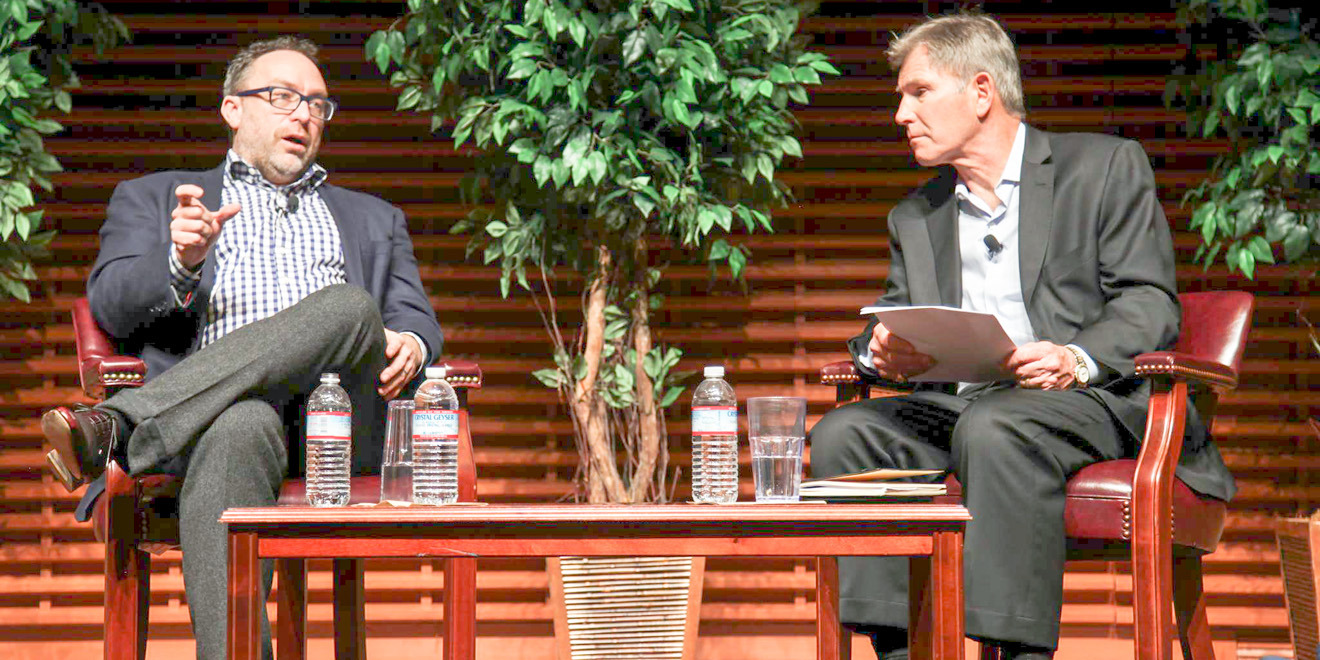
In this year’s elections allocating funding, seven groups, out of a total of 70, did not receive the resources they requested. Several of the student groups in question were shocked at the outcome of the election, having fully expected to be funded.
“We were definitely surprised…we didn’t feel like we were asking [for] a huge amount compared to other groups that were up there,” said Joy Obayemi ’15, president of the Delta Sigma Theta Sorority, Omicron Chi chapter, a historically black sorority that is chiefly a community service organization that didn’t receive funding.
An inability to get funding could negatively impact student organizations’ plans for events in the future.
Blue Sheffer ’17 of the Transhumanist Association said his club won’t be able to hold what would be their fourth annual Advancing Humanity Symposium this spring at least partially due to the difficulty getting funds.
“Last year when we held [the Symposium] we were able to do it with just General Fees and it was fine, but this year we were trying to get higher profile speakers and…make the event more publicized,” Sheffer said. “For General Fees this year…you had to request money in the same quarter that you wanted it, which is incredibly hard to work with when you’re trying to hold an event midway through the quarter because you have five weeks from the time you get funding to book a venue and secure speakers and stuff.”
Delta Sigma Theta and the Transhumanist Association both applied for Annual Grants, a new funding option created by the 16th Undergraduate Senate’s funding reform bill that was approved by the student body. They only received 42.73 percent and 41.14 percent of the vote, respectively, but two student organizations got majority approval and still were not awarded funding.
Club Sports and the Stanford Speakers Bureau applied for funding through the Joint Special Fees program, which they have done in previous years as well. Groups apply for Joint Special Fees when they offering opportunities for both undergraduates and graduate students to participate.
While clubs like Delta Sigma Theta and the Transhumanist Association would only have had to receive a majority vote for funding and 15 percent of the undergraduate population, organizations applying for Joint Special Fees are required to get both majority support and have at least 15 percent of the combined undergraduate and graduate student populations participate in the vote.
“82.4 percent of undergraduates voted yes on Speakers Bureau Special Fees, and nearly 51 percent of graduates voted yes,” said Jono Bentley ’15, the president of the Stanford Speakers Bureau. “So despite the voters strongly showing support for funding Special Fees, [the measure failed] by low voter turnout,” Bentley said.
Justice Tention ’18, recently elected member of the ASSU Undergraduate Senate and new chair of the Appropriations Committee, agrees that low graduate student turnout for elections is a problem.
“The biggest issue is that graduate students just don’t vote,” Tention said.
But he doesn’t see any hope for changing the constitution in the future to amend the 15 percent rule, noting that “That’s just the nature of the constitution; it’s incredibly difficult to change because in order to change we’d need…a large portion of the graduate student body population to vote on a special election or a new election…and that’s just not going to happen.”
Delta Sigma Theta may not have faced the obstacle of getting 15 percent of the entire student body to vote, but Obayemi still believes that her sorority was treated unfairly, as voters might not have known that it is a community service organization.
“There is a lack of awareness on campus about the different types of sororities that exist…a lot of people maybe unfortunately aren’t aware…that we’re really trying to do meaningful things on this campus,” Obayemi said. “I think that a lot of times when people think of the word sorority, they have one image in their mind and…it’s important that we show that in black Greek life and in multicultural Greek council [there are] so many different types of Greek organizations, all focused on different things.”
“If we had a little more exposure and there was a little more awareness of our organization it might have been a different story,” she said.
Being denied for Special Fees funding doesn’t mean that Obayemi is out of options, however.
“We’re planning to apply [for funding] specifically event by event,” Obayemi said. “[It] will be a little bit more taxing but we’re still hopeful that we’ll be able to have the same quality of events that we’ve typically had.”
As for Club Sports and Stanford Speakers Bureau, Tention says that Senate appreciates the fact that the groups received a majority of votes.
“Club Sports and Speakers Bureau are both overwhelmingly wanted by the undergraduate population, so we [the Senate] would recognize that; we see that these are important parts of…our undergraduate body,” Tention said. “The Undergraduate Senate in addition to SSE [Stanford Student Enterprises] are working together to find alternative funding options for both of those [groups].”
As a long-term solution, however, Bentley says that Stanford Speakers Bureau may have to permanently change its funding structure in order to remain viable in future years.
“Next year we may consider applying only for undergraduate annual grants rather than for joint special fees,” Bentley said. “This is a problem because graduate students do come to our events… We would have to think about charging graduate students…if they’re going to utilize our events but not turn out to support the funding of them.”
Contact Sarah Wishingrad at swishing ‘at’ stanford.edu.
